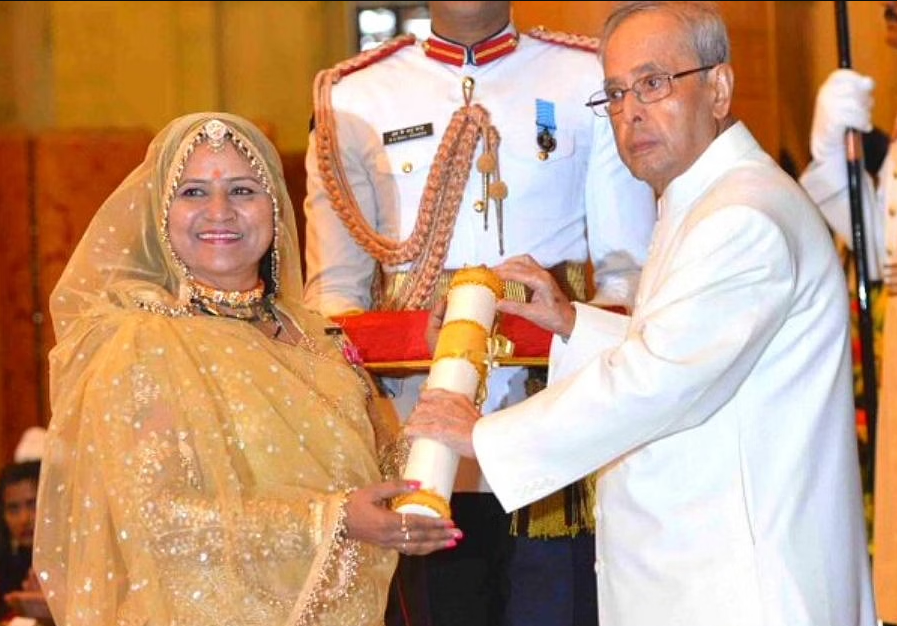Unravelling the Persistence of Sex-Selective Abortion: A Socioeconomic Exploration
By Adv. Robin Christopher
Sex-selective abortion is the inhumane practice of terminating pregnancies based on the sex of the foetus. It remains a contentious and deeply entrenched issue in India. This article delves into the multifaceted nature of sex-selective abortion, shedding light on the various socioeconomic elements contributing to its persistence.
1. Valuing Men as Caregivers in Cultural Norms
In the Indian society at large, sons are traditionally seen as providers and caregivers for their parents in old age, while daughters are viewed as economic burdens. This preference exerts immense pressure on families, leading them to opt for sex-selective abortion when expecting a girl.
It is difficult to understand the origin and basis of this notion as varying estimates clearly indicate that 57-81% of all caregivers of the elderly, are women. In most cases, female caregivers are wives or adult daughters of the elderly person.
2. Economic Considerations
Economic factors assume a crucial role, particularly with the dowry system imposing a significant financial burden on families during the marriage of their daughters. Additionally, the expectation that male children will inherit property and carry on the family lineage further contributes to son preference.
There is an endless list of successful women to bust the myth that daughters cannot be financially dependable and successful. Follow us on social media as we constantly update informational posts on inspiring women and girls who break stereotypes and made it, despite all odds.
3. Traditional Practices and Family Dynamics
Some deep-seated unhealthy traditional practices significantly contribute to sex-selective abortion. In societies where entrenched customs dictate family structures and expectations, the pressure to conform to these norms can lead to the preference for male children.
In societies where women have limited autonomy, they may be pressured into undergoing sex-selective abortions. Addressing these deep-rooted traditions is essential for dismantling the cultural factors that contribute to sex-selective abortion.
4. Access to Healthcare and Technology
Advancements in medical technology, such as ultrasound and prenatal sex determination tests, have facilitated sex-selective abortions. Unregulated access to this technology allows families to easily learn the sex of the foetus.
5. Legal Frameworks and Enforcement
While laws serve as tools to combat sex-selective abortion, challenges in effective implementation exist. Enforcement of laws against sex determination tests and sex-selective abortions is challenging due to the secretive nature of the practice and cultural norms. Often, medical practitioners and clinics fail to strictly adhere to legal guidelines.
6. Education and Awareness
Education and awareness campaigns are essential for challenging unhealthy cultural norms. These initiatives can shift attitudes and beliefs perpetuating sex-selective abortion. Empowering women and men with knowledge and resources can also enable them to understand the value of life and the importance of saving girl children.
Explore the legal literacy programs provided by ADF India's Vanishing Girls campaign. Learn more here.
7. Government Policies
Government policies play a crucial role in addressing sex-selective abortion. Policymakers must implement measures that empower women and girls, improve healthcare access and enforce laws against sex determination tests and sex-selective abortions. Additionally, governments must support programs that focus on changing cultural norms and attitudes toward gender and family dynamics.
8. Community and Religious Influences
Community and religious influences significantly impact sex-selective abortion. Engaging religious leaders and community influencers in dialogues about gender and family dynamics can lead to shifts in attitudes and behaviours.
Sex-selective abortion is a deeply complex issue rooted in culture, tradition, and gender dynamics. Legislation alone cannot fully address it; a multifaceted approach considering socioeconomic factors is necessary. To combat this practice effectively, society must collectively challenge harmful beliefs, empowering women to prioritize gender equity and the well-being of families and communities.
To combat the evil of sex-selective abortion, ADF India’s Vanishing Girls campaign works with several like-minded allies, state government bodies, public prosecutors, legal and civic bodies, social activists, medical professionals and ASHA workers to provide legal support as well as training to ensure acts have been implemented to protect the Girl Child are implemented effectively and adhered to strictly.
To collaborate with us, write to askme@vanishinggirls.in
Robin Christopher Joseph is Deputy Director, Strategic Litigation, ADF India. He oversees strategic litigation relating to freedom of religion for South India. His interests are Criminal Law, Constitutional Law matters and civil liberty movements. He completed law from Christ College and holds a LLM from Azim Premji University. He has completed his International Human Rights Law from the University of Oxford.







